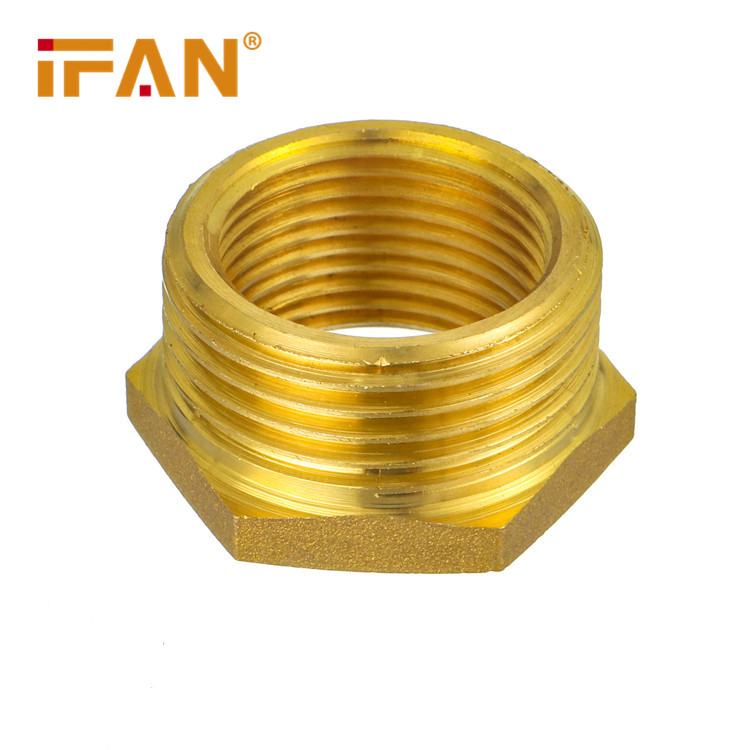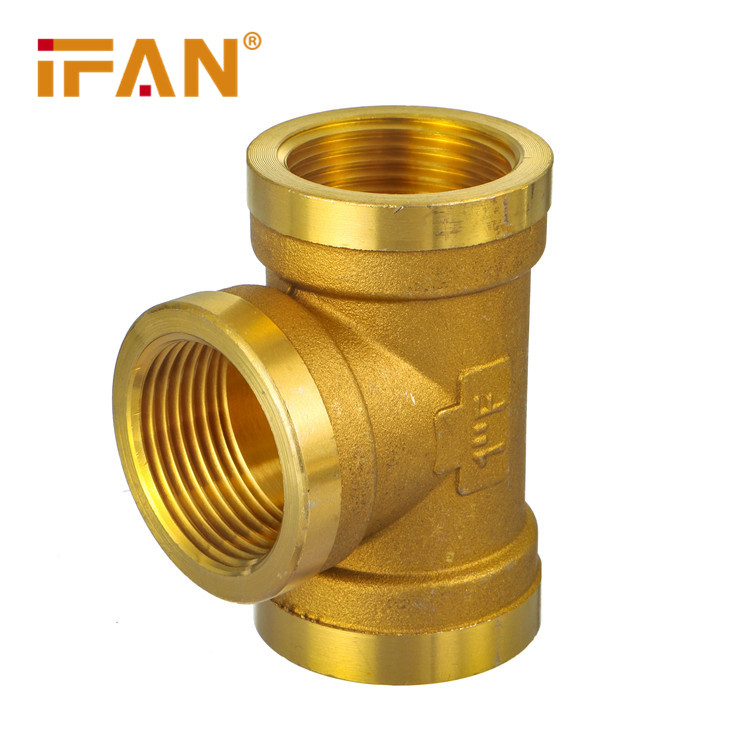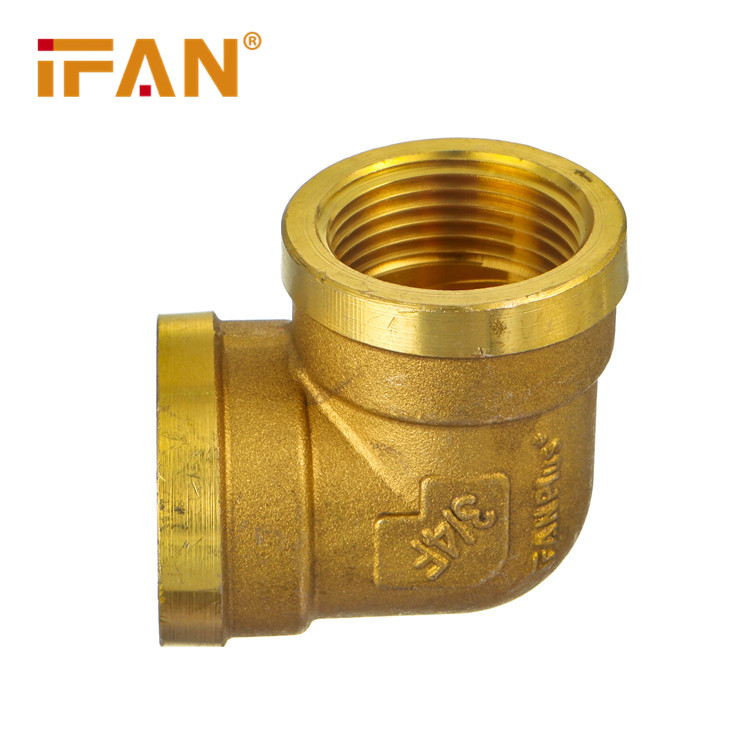Brass Connectors
Material:Brass
size:1/2″-2″
Support:OEM&ODM
Sample: Support
Package: IFAN OPP Bag+Carton
Category : Click Download
Whatsapp : +86 19884503412
Wechat : 19884503412
Description
In the intricate network of pipelines that crisscross our world, brass connectors play a crucial role in ensuring the seamless flow of liquids and gases. These versatile components are employed in a wide array of applications within the pipeline industry, from residential plumbing to industrial processes. In this article, we will delve into the diverse applications and advantages of brass fittings, shedding light on their importance in the realm of pipelines. IFAN factory 30+ years manufacture experience support color/size customization support free sample.Welcome to consult for catalog and free samples.This is our Facebook Website: www.facebook.com.
Understanding Brass Connectors
Brass fittings, often referred to as brass connectors or brass couplings, are indispensable elements in pipeline systems. These fittings are typically composed of brass, an alloy primarily made of copper and zinc. This alloy’s properties, including corrosion resistance, durability, and malleability, make it an ideal material for a multitude of applications in the pipeline industry.
1. Residential Plumbing
In residential plumbing, brass fittings are ubiquitous. They are employed to join sections of pipes, redirect the flow of water, and connect plumbing fixtures like faucets, showers, and toilets. Here are some key applications in this context:
Advantages in Residential Plumbing:
- Leak Resistance: Brass fittings provide reliable and leak-resistant connections, ensuring a durable plumbing system.
- Compatibility: They are compatible with various pipe materials, including copper, PVC, and PEX, allowing for versatile installations.
- Durability: Brass fittings are highly durable and can withstand the rigors of daily water distribution in homes.

2. Commercial and Industrial Plumbing
In commercial and industrial settings, where the demands on plumbing systems are considerably higher, brass fittings continue to excel. They are used to connect pipes in large-scale plumbing systems, industrial equipment, and processing facilities.
Advantages in Commercial and Industrial Plumbing:
- High Pressure Handling: Brass fittings can withstand high-pressure applications, making them suitable for industrial processes and commercial buildings.
- Resistance to Corrosion: In industrial environments where aggressive chemicals might be present, their corrosion resistance is invaluable.
3. HVAC Systems
Brass fittings are also integral components in heating, ventilation, and air conditioning (HVAC) systems. They connect pipes and tubes to facilitate the distribution of hot and cold air, refrigerants, and condensate.
Advantages in HVAC Systems:
- Thermal Conductivity: Brass has good thermal conductivity, making it an ideal material for HVAC systems where temperature control is crucial.
- Reduced Maintenance: Their durability reduces the need for frequent maintenance in HVAC applications.
4. Gas Distribution
In natural gas and propane distribution systems, brass fittings are used to connect pipes and ensure the safe and efficient flow of gas to homes and businesses.
Advantages in Gas Distribution:
- Safety: Brass fittings are a trusted choice for gas systems due to their safety and reliability.
- Leak Prevention: The precise threading and secure connections of brass fittings minimize the risk of gas leaks.
5. Industrial Processes
Within industrial processes, brass fittings serve as essential connectors for transporting fluids, chemicals, and gases between various components of machinery and systems.

Advantages in Industrial Processes:
- Chemical Compatibility: Brass is compatible with a wide range of chemicals, making it suitable for diverse industrial applications.
- Customization: Brass fittings are available in various shapes and sizes, allowing for customization to meet specific industrial requirements.
Advantages of Brass Connectors in the Pipeline Industry
- Corrosion Resistance: Brass fittings are highly resistant to corrosion, ensuring longevity and reliability.
- Versatility: They are compatible with various pipe materials and can be adapted for use in a wide range of applications.
- Durability: Brass fittings are known for their durability, making them suitable for both residential and heavy-duty industrial applications.
- Leak Resistance: Their precise threading and secure connections reduce the risk of leaks, a crucial factor in pipeline systems.
- Safety: Brass fittings are a trusted choice in applications involving gas distribution due to their safety features.
Conclusion
Brass fittings are the unsung heroes of the pipeline industry, connecting, redirecting, and facilitating the flow of essential liquids and gases. Their versatility, durability, and corrosion resistance have made them integral components in residential plumbing, commercial and industrial systems, HVAC applications, gas distribution, and industrial processes. As the pipeline industry continues to evolve, brass fittings will remain a cornerstone of its infrastructure, ensuring the reliable and efficient transport of vital resources.
相关产品
-
Brass Fittings
Brass Female Tee
-
Brass Fittings
Brass Reduce Socket
-
Brass Fittings
Brass Nipple
-
Brass Fittings
Brass Fittings Elbow
HAVE ANY QUERIES? SEND TO CONTACTOANTSMACHINE.COM
ONTACT US











